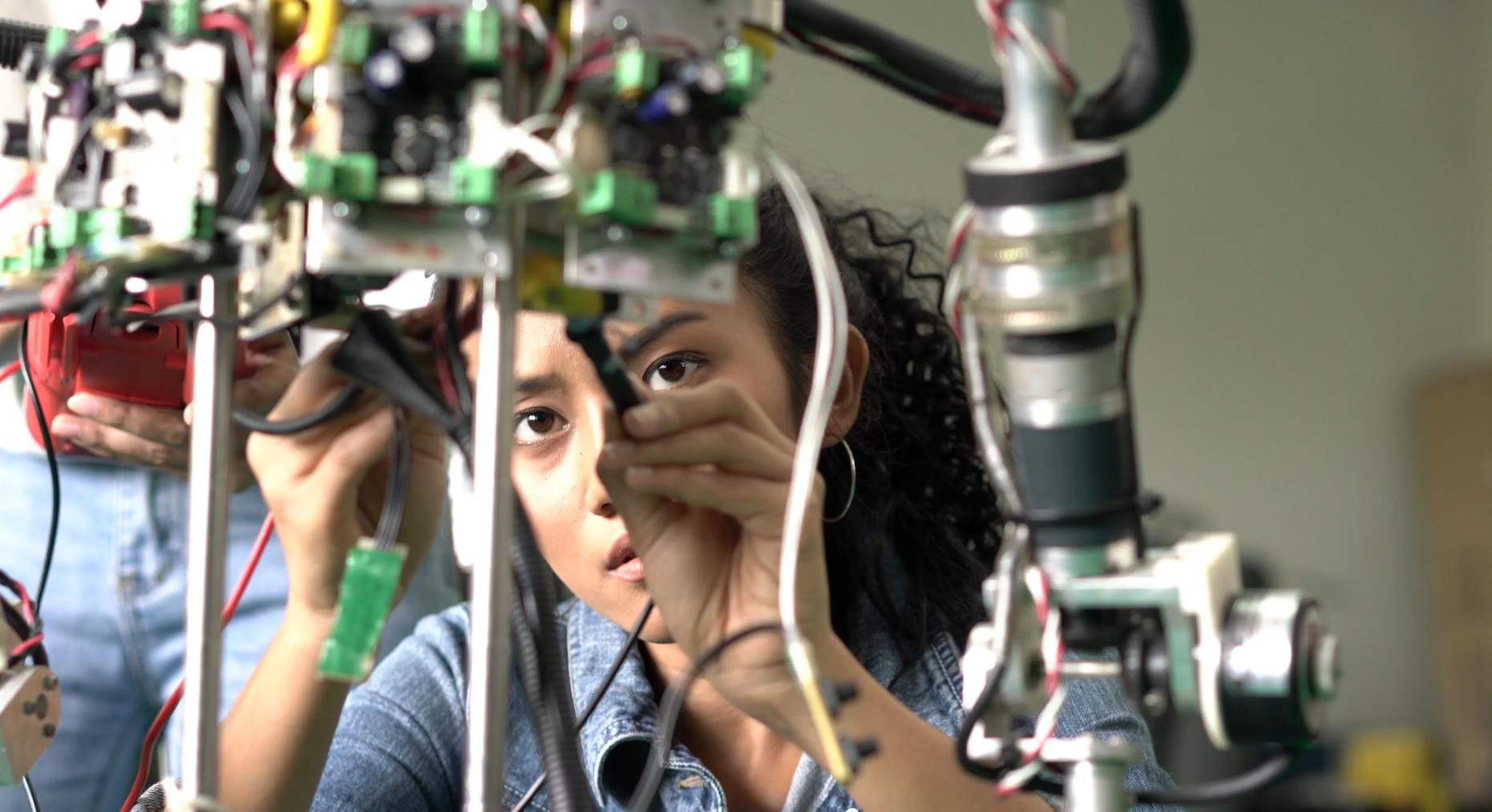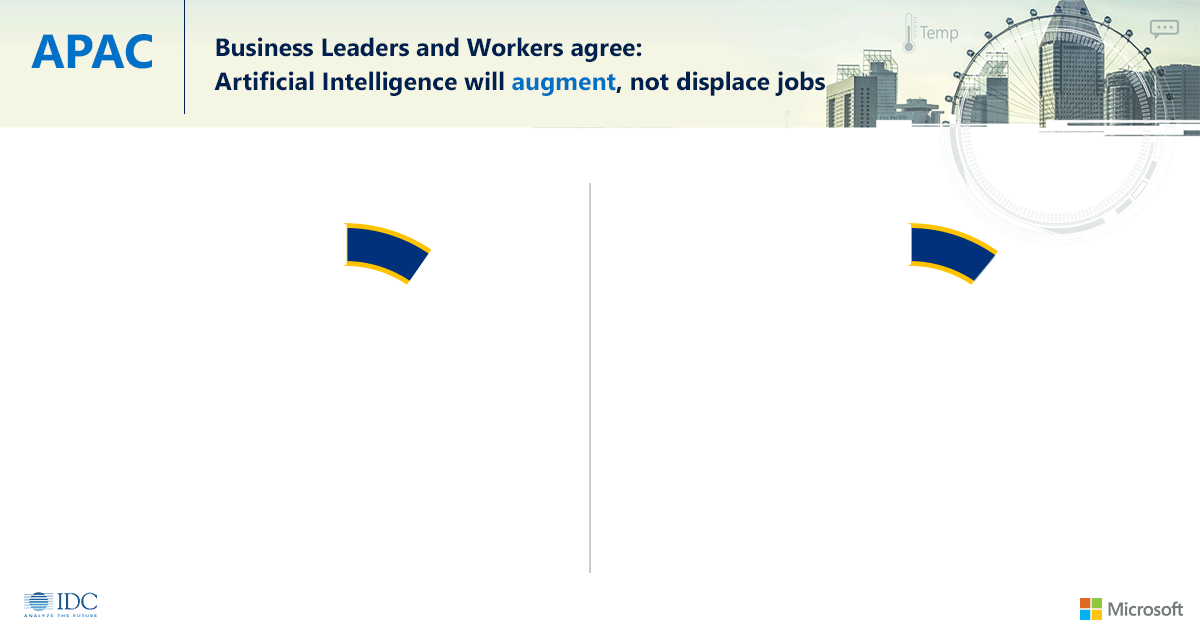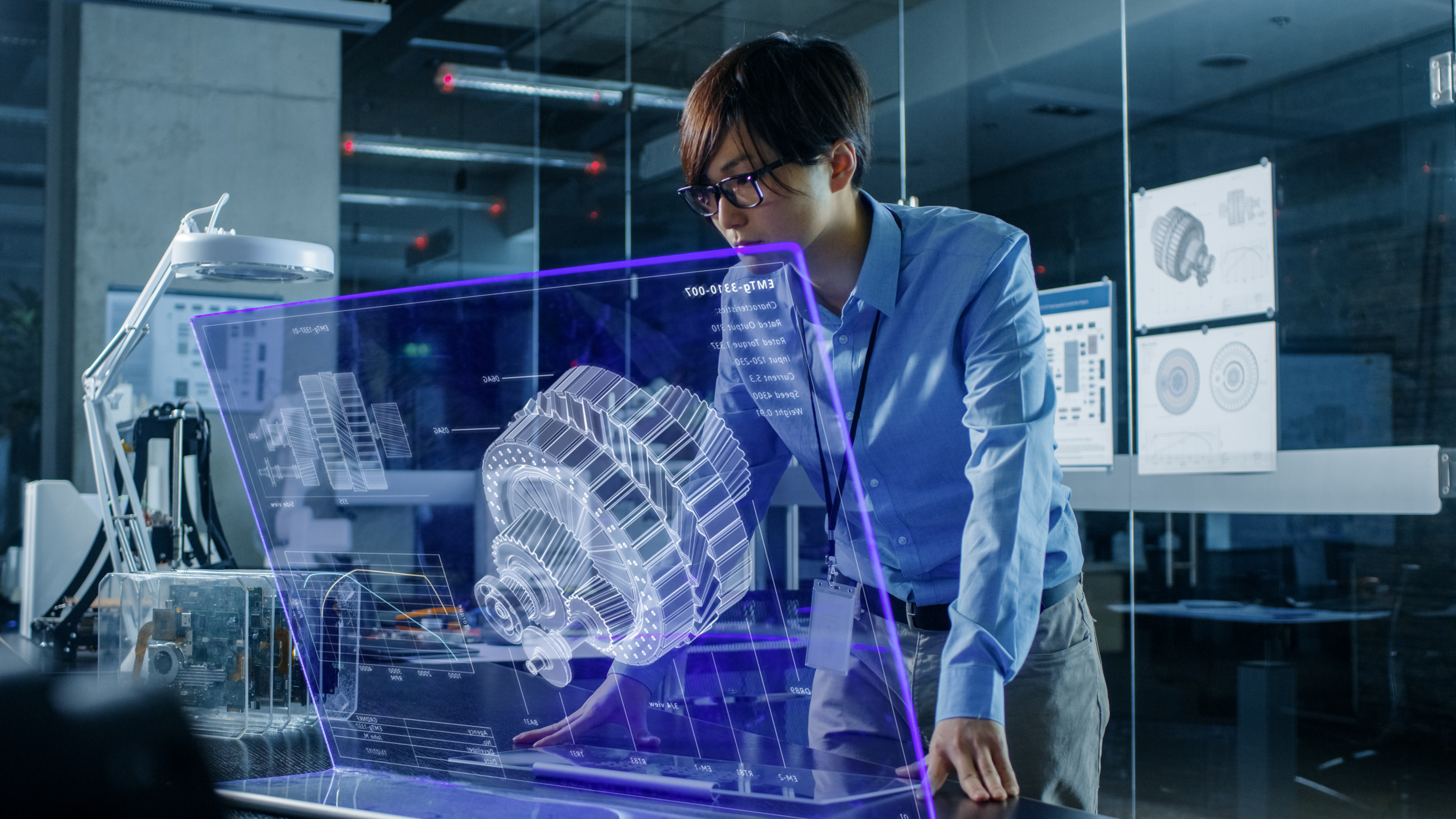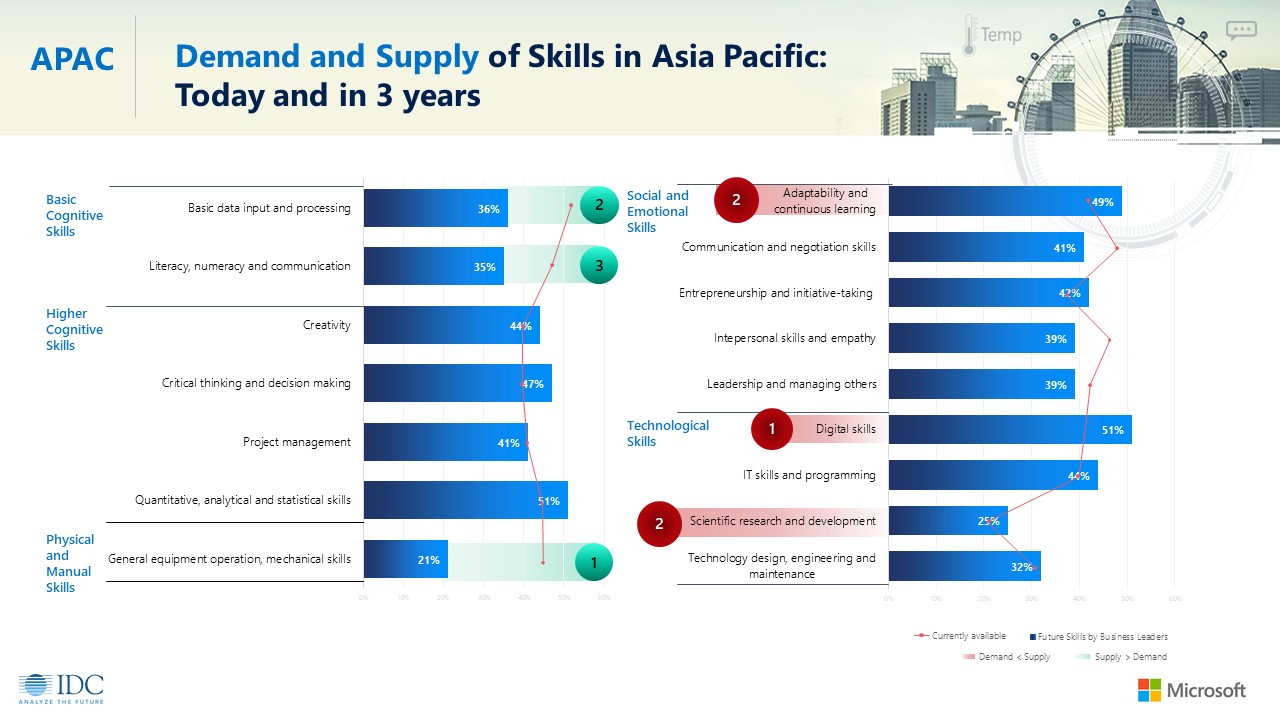
AI and tomorrow: The best is yet to come
Business leaders and workers in Asia Pacific are optimistic about a future with artificial intelligence
Artificial intelligence (AI) is here and growing in reach. Companies and organizations are already employing this technology to tackle some of the world’s most difficult challenges, like climate change, disease, and sustainability.
A company in India is using AI to predict heart disease years before it strikes. A Chinese company is reimagining how clean energy can be efficiently generated and shared. And, scientists in Australia are using AI to help protect marine wildlife.
But we are still in the early stages. Like people in the 1800s seeing electric lights for the first time, we have no idea how much or how fast things will change.
Awareness of AI is growing, but no one has a full understanding of where the technology can take us. Still, there are things we can do to prepare ourselves, especially when it comes to the skills we will need.
So, what do business leaders and workers in Asia Pacific think about jobs and skills in an AI future? To find out, Microsoft and IDC Asia Pacific surveyed samples of both groups for a new study entitled Future Ready Business: Assessing Asia’s Growth Potential Through AI.
The big takeaway is that everyone seems to agree that AI is going to have a major impact. Business leaders expect AI to double both their innovation improvements rates and employee productivity gains. Even so, only 41% of organizations in Asia Pacific today have actually started their AI journeys.
What about jobs?

The public debate over AI and employment has been going on for some time. But when our survey specifically asked workers and business leaders in Asia Pacific about this, both groups shared a positive view of AI’s likely effect on the future of jobs
The study revealed that 62% of leaders and 66% of workers expected AI would help them do their jobs better, or to reduce boring and repetitive tasks.
Victor Lim, Vice President, Consulting Operations, IDC Asia/Pacific said: “When it comes to creating or replacing jobs, 18% of business leaders believe that AI will produce new jobs, whereas 15% feel that the technology will replace them. Interestingly, workers are more optimistic, with only 5% expecting AI to replace jobs, while 13% anticipate AI to create new ones.”
Microsoft Asia President Ralph Haupter puts it this way, “Microsoft’s vision for AI is first and foremost about people. AI advancements mean that millions of people need to transform themselves into the skilled and talented learners that the future needs. AI technology cannot progress without them. We also need to make the technology more approachable and easier to adopt by people. Only then can we enable the workforce of today and tomorrow to pick up the skills needed for AI era”
Microsoft expects that advances in AI will lead to the creation of new types of jobs – jobs we can’t now imagine, just as no one could have imagined roles like a cybersecurity analyst or a social media manager before the internet. The rise of AI will require new ways of thinking about skills and training to ensure workers are prepared for the future and there is sufficient talent available for critical jobs.

The survey found that most workers were optimistic about their ability to adapt and reskill, with only 14 percent thinking that it might be too much to handle. Business leaders were a little more cautious on this point, with 20 percent believing it might be too difficult for their employees.
Overall, it’s good that a majority of workers feel up to re-skilling challenge. But more needs to be done by organizations for continuous training and reskilling, not just for their current employees, but also those they will hire in the future.
“It is heartening to see that 84 percent of businesses prioritize skilling and reskilling of workers in the future,” Haupter says, although he notes that 64 percent of business leaders haven’t launched their re-training programs. “They must have the urgency to support the fundamental shift in training workers for the future.”
For economies like Japan and South Korea, the AI’s likely impact on the future work holds an additional aspect. Both are witnessing population declines and shrinking labor pools. Continuing prosperity might well depend on whether technology can boost productivity. For countries like these, AI offers a new solution to a societal problem.
Skills: challenges and opportunities
Today’s job market has already reacted. The World Economic Forum found that “AI skills are among the fastest-growing skills on LinkedIn, and saw a 190% increase from 2015 to 2017.”
Haupter also says the demand for software engineering roles has expanded well beyond the tech sector, but he made the distinction that, “building an AI-ready workforce may not necessarily mean an acute need for technological skills.”
The Microsoft / IDC study finds that the biggest gaps between the employers’ expectations and that of the workers – in terms of the skills required in three years’ time – are in the area of social and emotional skills
Workers might be surprised to learn that soft skills like adaptability and continuous learning, leadership and managing others, entrepreneurship, and initiative-taking are all valued by employers more than they might expect.
The study also took a deeper look at existing supply and demand for skills, and how business leaders expect them to change over time. It found the supply of physical and manual skills, and basic cognitive skills will likely outstrip demand within three years. However, there will be a shortage of workers who have digital and adaptability skills, along with a grounding in continuous learning as well as scientific research and development.

What’s the best way to move forward based on these insights? According to Haupter, it boils down to leadership. Business leaders need to be empathetic and understand that change can be unsettling. His advice is to “lead with a vision that inspires people at every level of an organization and take responsibility for helping to re-train and reskill their teams,”
If leaders accept this responsibility and recognize that workers are ready and willing to adapt, companies can improve their readiness for the change that is to come.













